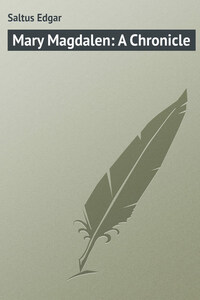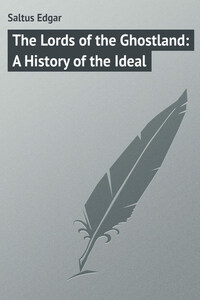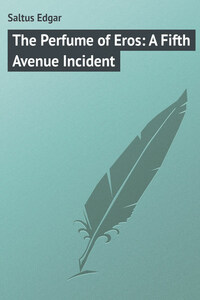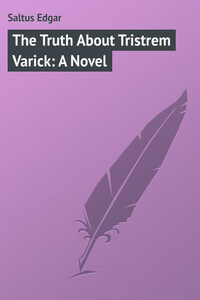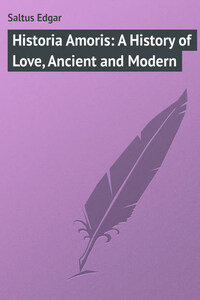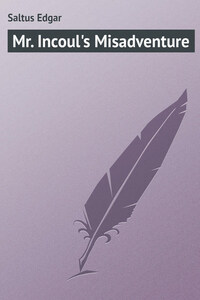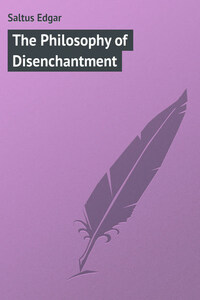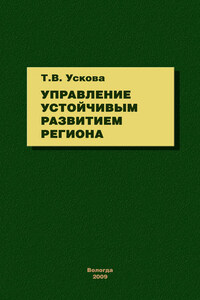“Three to one on Scarlet!”
Throughout the brand-new circus were the eagerness, the gesticulations, shouts, and murmurs of an impatient throng. On a ledge above the entrance a man stood, a strip of silk extended in his finger-tips. Beneath, on either side, were gates. About him were series of ascending tiers, close-packed, and brilliant with multicolored robes and parasols. The sand of the track was very white: where the sunlight fell it had the glitter of broken glass. In the centre was a low wall; at one end were pillars and seven great balls of wood; at the other, seven dolphins, their tails in the air. The uproar mounted in unequal vibrations, and stirred the pulse. The air was heavy with odors, with the emanations of the crowd, the cloy of myrrh. Through the exits whiffs of garlic filtered from the kitchens below, and with them, from the exterior arcades, came the beat of timbrels, the click of castanets. Overhead was a sky of troubled blue; beyond, a lake.
“They are off!”
The strip of silk had fluttered and fallen, the gates flew open, there was a rumble of wheels, a whirlwind of sand, a yell that deafened, and four tornadoes burst upon the track.
They were shell-shaped, and before each six horses tore abreast. Between the horses’ ears were swaying feathers; their manes had been dyed clear pink, the forelocks puffed; and as they bounded, the drivers, standing upright, had the skill to guide but not the strength to curb. About their waists the reins were tied; at the side a knife hung; from the forehead the hair was shaven; and every thing they wore, the waistcoat, the short skirt, the ribbons, was of one color, scarlet, yellow, emerald, or blue: and this color, repeated on the car and on the harness, distinguished them from those with whom they raced.
Already the cars had circled the hippodrome four times. There were but three more rounds, and Scarlet, which in the beginning had trailed applause behind it as a torch trails smoke, lagged now a little to the rear. Green was leading. Its leadership did not seem to please; it was cursed at and abused, threatened with naked fist; yet when for the sixth time it turned the terminal pillar, a shout that held the thunder of Atlas leaped abroad. Where the yellow car, pursued by the blue, had been, was now a mass of sickening agitation – twelve fallen horses kicking each other into pulp, the drivers brained already; and down upon that barrier of blood and death swept the scarlet car. In a second it veered and passed; in that second a flash of steel had out the reins, and, as the car swung round, the driver, released, was tossed to the track. What then befell him no one cared. Stable-men were busy there; the car itself, unguided, continued vertiginously on its course. If it had lagged before, there was no lagging now. The hoofs that beat upon the ring plunged with it through the din down upon Emerald, and beyond it to the goal. And as the last dolphin vanished and the seventh ball was removed, the palm was granted, and the spectators shouted a salutation to the giver of the games – Herod Antipas, tetrarch of Galilee.
He was superb, this Antipas. His beard was like a lady’s fan. On his cheeks was a touch of alkanet; his hair, powdered blue, was encircled by a diadem set with gems. About his shoulders was a mantle that had a broad purple border; beneath it was a tunic of yellow silk. Between the railing of the tribune in which he sat one foot was visible, shod with badger’s skin, dyed blood-red. He was superb, but his eyelids drooped. He had a straight nose and a retreating fore head, a physiognomy that was at once weak and vicious. He looked melancholy; it may be that he was bored. At the salutation, however, he affected a smile, and motioned that the games should continue. And as the signals, the dolphins and the seven balls, appeared again, his thoughts, forsaking the circus, went back to Rome.
Insecure in the hearts of his people, uncertain even of the continued favor of the volatile monster who was lounging then in his Caprian retreat, it was with the idea of pleasing the one, of flattering the other, that he had instituted the games. For here in his brand-new Tiberias, a city which he had built in a minute, whose colonnades and porticoes he had bought ready-made in Rome, and had erected by means of that magic which only the Romans possessed – in this capital of a parvenu was a mongrel rabble of Greeks, Cypriotes, Egyptians, Cappadocians, Syrians, and Jews, whose temper was uncertain, and whose rebellion to be feared.
Annonâ et spectaculis indeed! Antipas knew the dictum well; and with an uprising in the yonderland, and a sedition under his feet, what more could he do than quell the first with his mercenaries, and disarm the second with his games? Tiberius, whom he emulated, never deigned to appear at the hippodrome; it was a way he had of showing his contempt for a nation. Antipas might have imitated his sovereign in that, only he was not sure that Tiberius would take the compliment as it was meant. He might view such abstention as the airs of a trumpery tetrarch, and depose him there and then. He was irascible, and when displeased there were dungeons at his command which reopened with difficulty, and where existence was not secure. Ah, that sausage of blood and mud, how he feared and envied him! An emperor now, a god hereafter, truly the dominion of this world and a part of the next was a matter concerning which fear and envy well might be.
